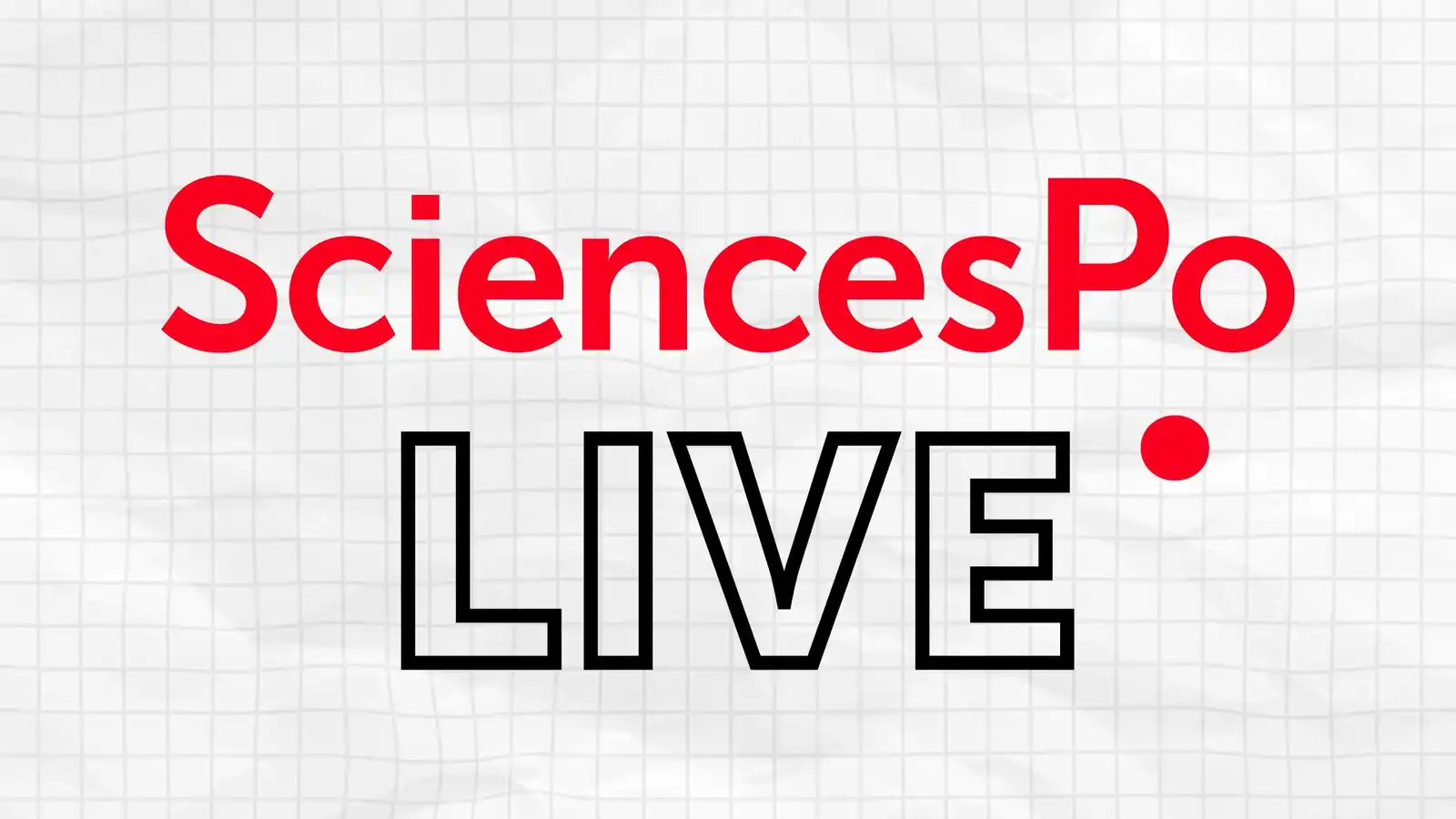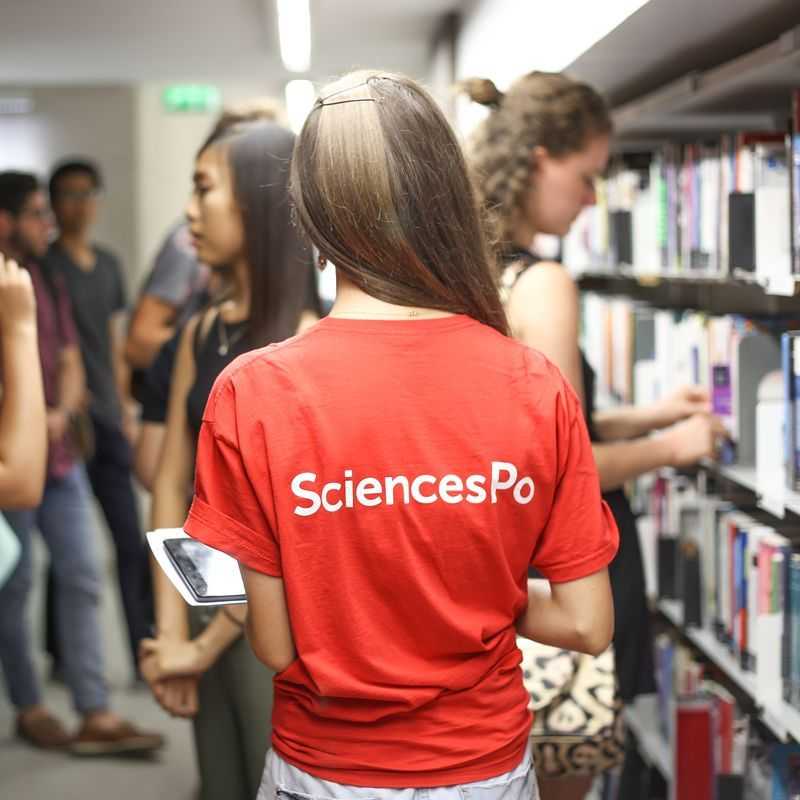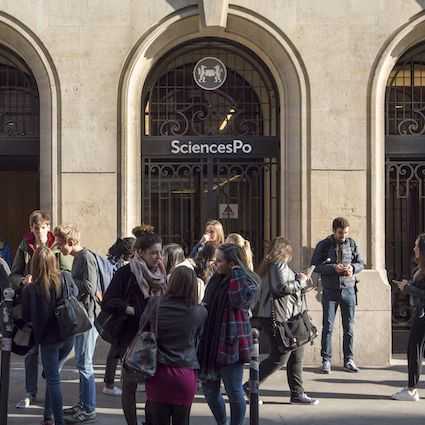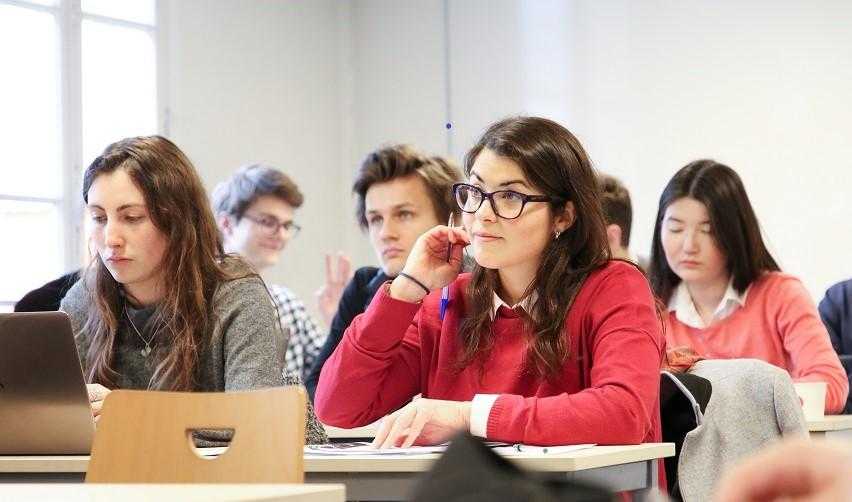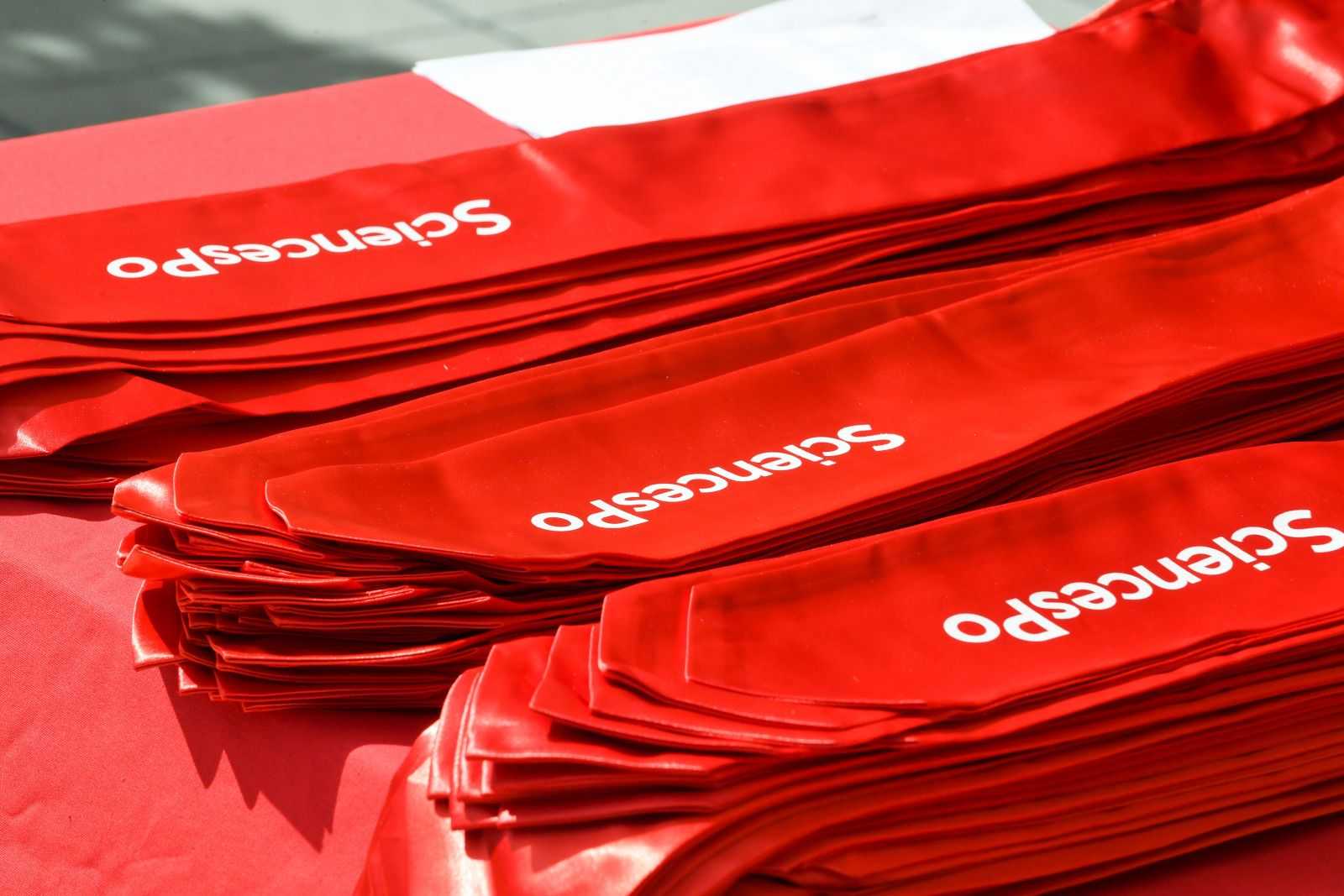
Home>Academics>At a glance
At a glance: The Sciences Po Urban School programmes
Sciences Po is an international research university, both selective and open onto the world, ranking among the finest institutions in the fields of humanities and social sciences.
Information Sessions: Masters

Discover all the Master's programs and admissions procedures during our many webinars dedicated to future applicants.
Discover the Urban School
Solid social sciences foundations, combined with a strong specialization and a highly collaborative field experience: our aim at the Urban School is to train the new professionals who will design, manage, strategize, innovate and advocate for the city of the future. To build a just and sustainable urban future.

> Learn more about our project
The Urban School: an ecosystem with 400 students from all over the world, 120 teachers, 60 tutors, 250 partners and more than 4,000 alumni. A beautiful campus in Paris downtown, nearby the Louvre, where committed students, researchers and professionals work together in a vibrant urban environment.
Field experience and strong professionalization
Our master programmes at the Urban School make real-world practical experience a priority: through group projects, learning expeditions, collective inquiries, professional workshops and case studies, students learn how to work in a highly collaborative environment, as a reflection of their future professional life.
Moreover, the Urban School's solid research focus ensures a constant dialogue between theory and practice. Students are taught to adopt a critical perspective on all issues.
Our group project : a collective, authentic experience on a regional or urban issue (health, environment, datas, housing, migrations, citizens participation, etc.)
Learning expedition : a field experience to identify and analyse the economic, political, social, environmental, and cultural issues in a city, meet local stakeholders and study their interactions.
A comparative approach
All courses at the Urban School take a comparative approach. This gives students an analytical framework and a set of useful benchmarks for use in a rapidly changing environment. It also instils in them the habit of thinking on a global scale. Study trips play a key role in this approach.
Our programmes use the social sciences (political science, sociology and economics, supplemented by history, geography and law) to provide an understanding of urban models from an interdisciplinary perspective.
For an international experience, students can also spend their semester "outside the walls" at one of our 7 partner universities as part of an exchange program.
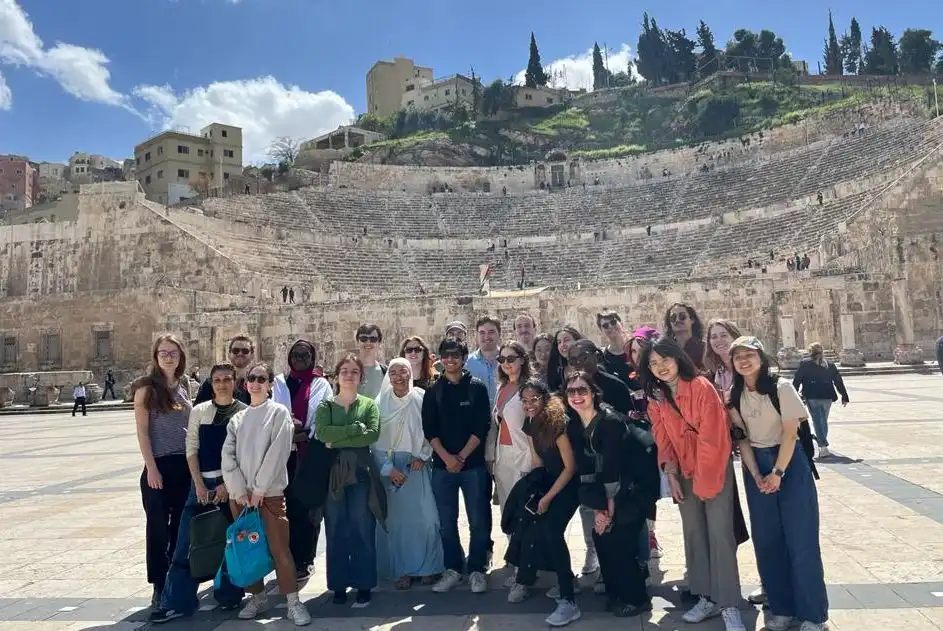
The Master's Programmes
The Urban School’s Master’s programmes prepare students and professionals for urban governance in all its forms.
English-taught master's programme
The Master's degree in Urban Governance, Policy and Planning trains the urban professionals who will design, manage, strategize, innovate and advocate for the city of the future.
Students must choose one of two different tracks:
- Governing the Large Metropolis (GLM), focusing on the metropolises of low- and middle-income fast-growing countries, with a comprehensive approach to aspects of urban governance, services, and infrastructure.
- Governing Ecological Transitions in Cities (GETIC), focusing on Ecological transitions at the urban and local scale, with a comparative perspective on Europe and the “Global North”.
French-taught master's programmes
The Master in Regional and Urban Strategy (STU) trains students for strategic and operational professions related to cities and territories, in France and Europe. This programme prepares students to develop and implement public policies at the local level, of contemporary territorial issues.
The Master in Urban Planning trains professionals in the creation of cities and territories to understand and practice urban planning for transitions in three semesters. This program focuses on both metropolitan dynamics and medium-sized cities, examining issues of attractiveness, competitiveness, inequalities, and environmental and digital transitions.
Dual degrees
The Urban School offers five dual Master's programmes in partnership with world-renowned universities.
- Dual Master of Urban Policy with London School of Economics (LSE): to study regional and urban governance with a European and international approach.
- Dual Master in Global and Comparative Urban Planning and Governance with UCLA: to acquire skills in global comparative urban planning, and understand how to implement collective urban actions and policies.
- Dual Master of Management of International and Public Affairs with the Bocconi University: to combine the study of economics and management with the social sciences, while also offering courses with a strong professional focus.
- Dual Master in Global Urban Development with Tata Institute of Social Sciences (TISS) in Mumbai: to acquire skills in global comparative urbanism and urban governance with training in India and Europe.
- Dual Master's Degree in African and Southern Urban Studies with The African Center for cities (UCT): to access careers in both South Africa and France and acquire strong professional training in a comparative and critical research approach within the Global South.
Where do our alumni work?
Our graduates can easily move from private sector to public or non-profit sectors during their professional careers. They work as project managers, urban designers, consultants and policy makers.
Some examples of job opportunities:
Director of a ministerial office - Director of an urban planning and development agency - Research and planning officer - ESS officer - Urban affairs and development manager - Real estate transactions officer - Real estate development manager - Parliamentary or municipal assistant - Public finances consultant - Sustainable development consultant - Design engineer - Director of housing - Communication and cooperation manager - Marketing and development manager - Smart city business development manager - International development manager -Transport and mobility - Design and planning project manager
Sciences Po Live
Key figures
400
students
31%
are international students
35 to 80
students per programme for individual support and personalised study pathways
1
study trips per Master, in France and abroad
91%
of students find a job before or within 6 months of graduation
30 to 80
students per programme, allowing a highly personalised training
124
professors, researchers and teachers from the corporate world
